The Fifth Anniversary of the "People's City": "Shanghai Yangpu" Reporter Dialogue with Writer Zhou Jianxin, Exploring the New Book "The Five Corners of Wujiaochang" August 17,2024
This year marks the fifth anniversary of the proposal of the "People's City" concept. As the birthplace of this concept, Yangpu is witnessing the vigorous development of the digital economy and the vibrant pulse of life. Let's experience this increasingly "YOUNG" People's City together...
On August 18, during the "Yangpu Theme Day" activity of the 2024 Shanghai Book Fair, three writers and translator writers from our district—Zhou Jianxin, Liu Xiang, and Tang Shuangjie—came to the scene to interact with readers, recall Yangpu stories together, and sign and give away books. During the activity, Zhou Jianxin's "The Five Corners of Wujiaochang," Liu Xiang's "Time—A Personal Yangshupu Narrative," and Tang Shuangjie's translated " Hot Mess: What on Earth Can We Do About Climate Change ?" opened up new perspectives for readers.
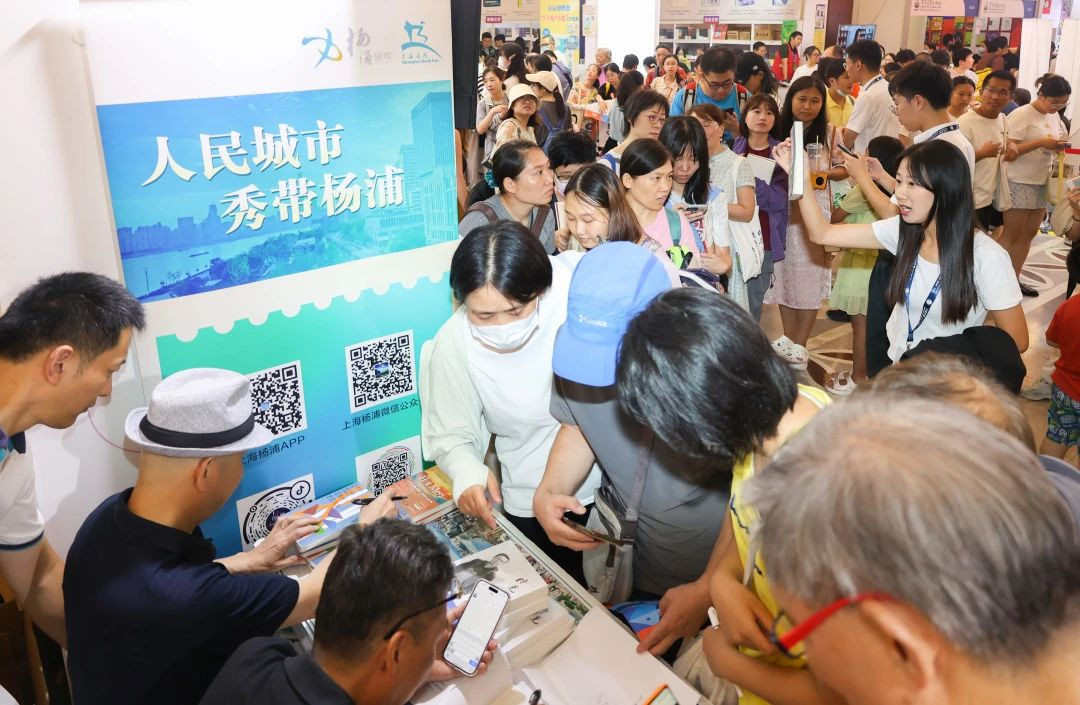
Among them, "The Five Corners of Wujiaochang," created by Zhou Jianxin and published by Shanghai Literature and Art Publishing House, made its debut as a new book, attracting many readers.
The "Shanghai Yangpu" reporter had a dialogue with writer Zhou Jianxin to gain an in-depth understanding of the new book "The Five Corners of Wujiaochang."
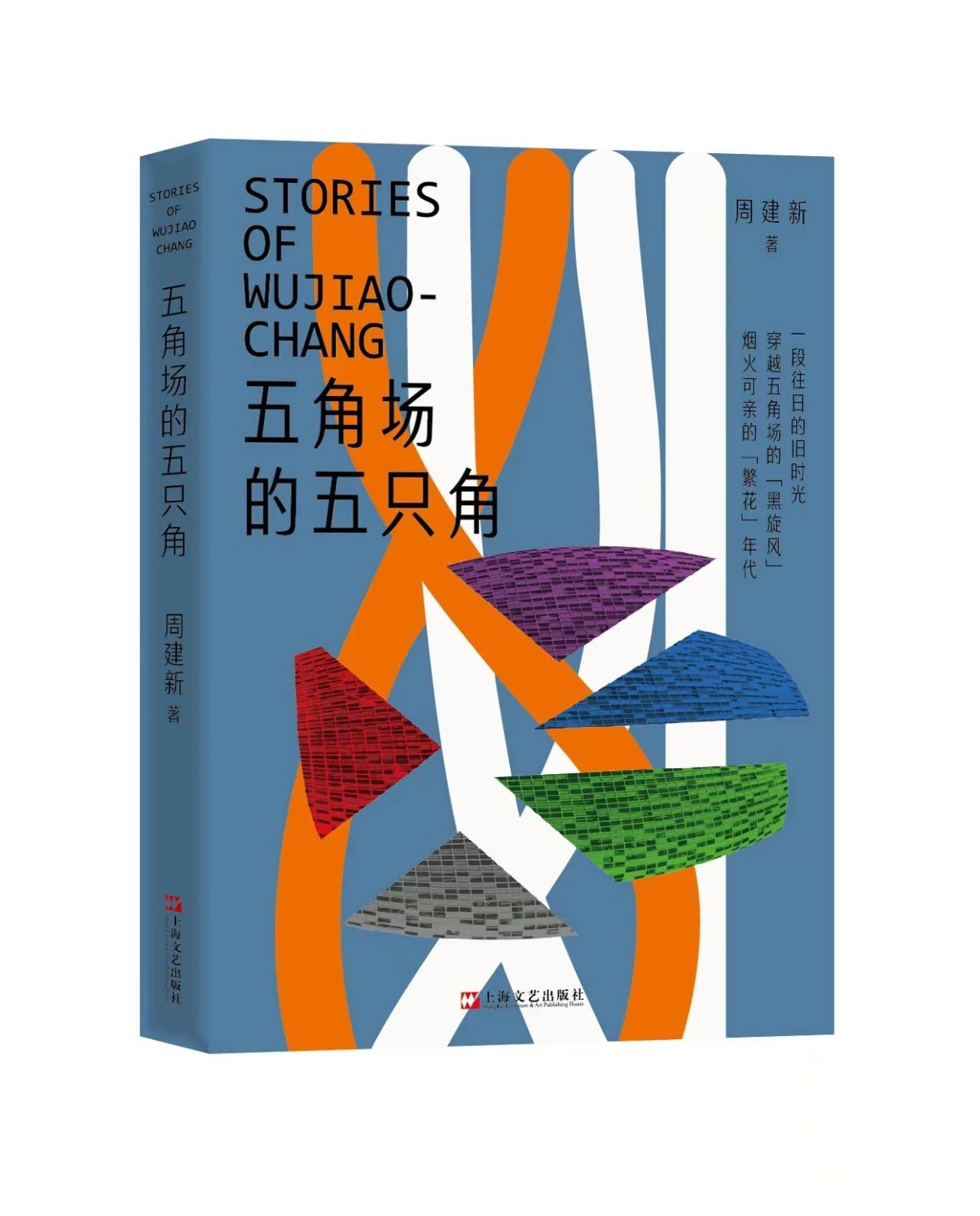
Yangpu is located in the northeast part of Shanghai's central urban area. Four hundred years of history have endowed this urban district with a rich cultural heritage. Wujiaochang has always been a gathering place for literati. "The Five Corners of Wujiaochang" takes Wujiaochang as its theme and collects more than 50 non-fiction essays.
The author, Zhou Jianxin, is a member of the Shanghai Writers Association. He served in the military for a long time and later engaged in enterprise management. He has lived in Wujiaochang for more than 30 years. In his heart, this book may be just as it is written on the cover, hoping to connect a period of past memories, pass through the "black whirlwind" of Wujiaochang, and enter the "prosperous" era with the warmth of fireworks...
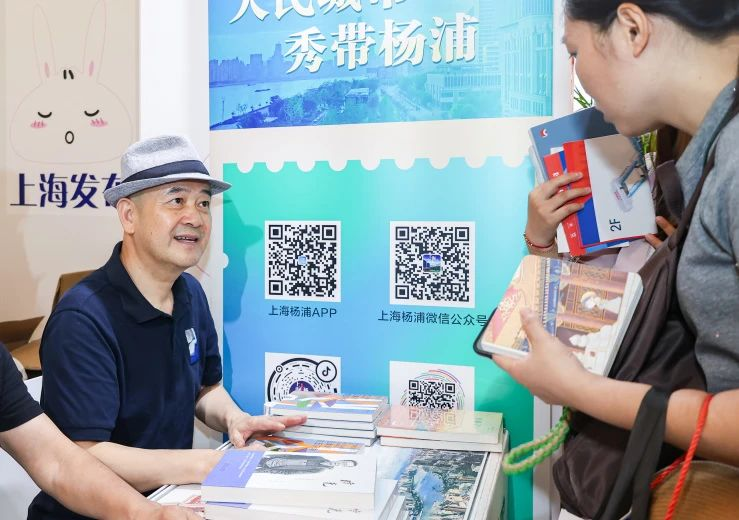
A Book That Makes People "Read with Tears"
Reporter: "The Five Corners of Wujiaochang" uses a documentary approach to depict the past and present of Wujiaochang, recording people's living conditions and aspirations in the changes of urban space, triggering reflections on life. Could you briefly introduce the chapters, structure, and content of the book for us?
Zhou Jianxin: This book collects more than 50 documentary essays I have written in recent years, half of which have been published in newspapers and magazines such as "Jiefang Daily," "Xinmin Evening News," and "Shanghai Documentary." I have written more articles about Wujiaochang than these, with another twenty or so not included. One reason is that some chapters are similar, and the other is that the collection should not be too thick.
The articles in this book are all independent, so structurally, there are no chapters. But for the convenience of reading, they are divided into 5 small collections, each using a distinctive title from one of the articles as the collection title, roughly distinguishing the content as well. For example, most of the articles in the first collection talk about legends and older relics, so I categorize them under "Traversing"; those discussing the 1990s are attributed to the second collection "Prosperity"; the third and fourth collections, "Once" and "Old Times," both belong to reminiscing about the past; the last collection has more about "today," so the collection title is "I'm Strolling in Wujiaochang," walking the streets, seeing the present and recalling the past. Mr. Zhu Dajian's preface is written in the style of a reading guide, making people want to read on after seeing it.
The last two articles are "Hello, Wujiaochang—The Emotional Memories of a 'Wujiaochang Person'" and "The Collective Memories of 'Wujiaochang People,'" one is my personal memory, and the other is an excerpt of bits and pieces of memories or thoughts from forty or fifty "Wujiaochang people" who live in Wujiaochang or have lived in Wujiaochang. Reading them is touching and even makes some readers "read with tears."
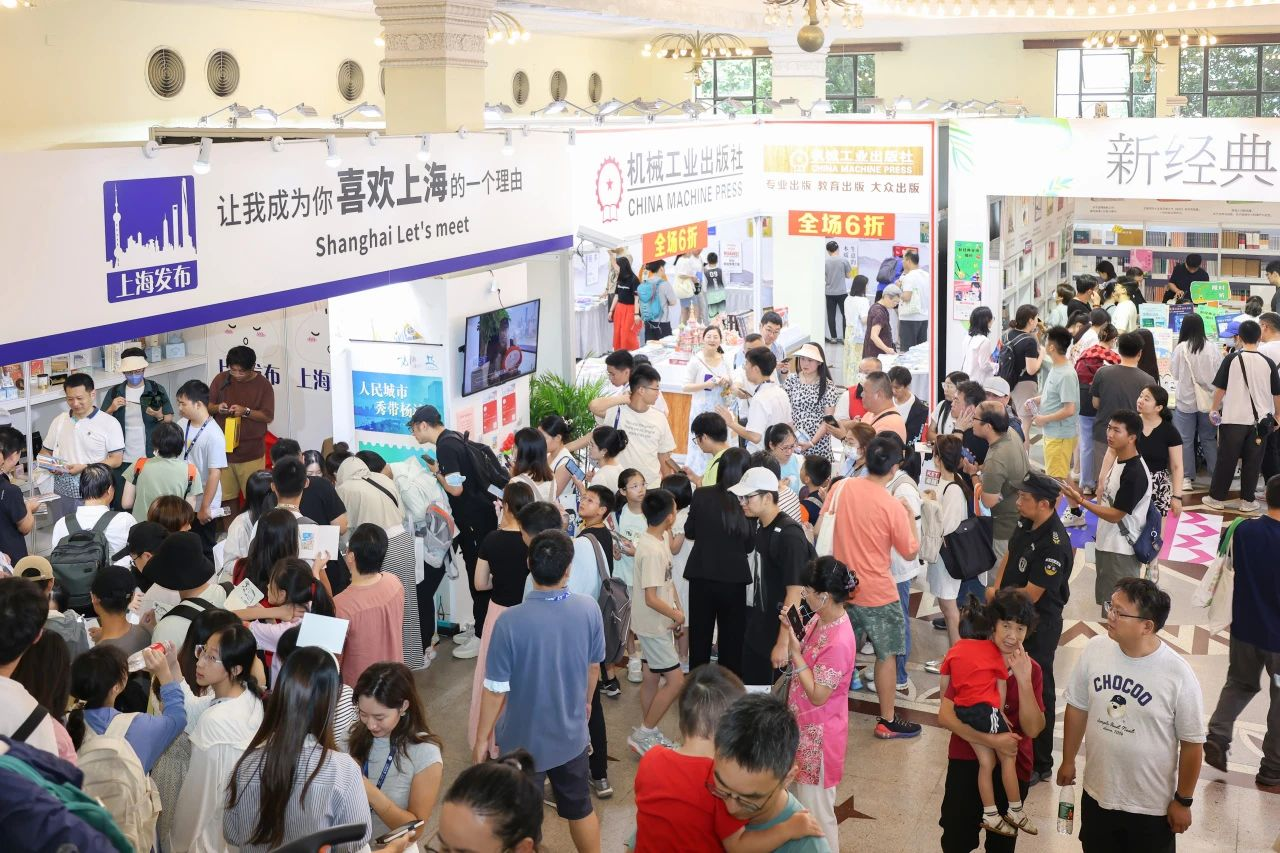
Reporter: In fact, Shanghai's urban changes have always been a hot theme that writers focus on. The former "concession areas" of old Shanghai, as well as the "plane tree areas" and others, are even more the center of discussion. Why do you persist in writing articles about Wujiaochang? What attracts you so much?
Zhou Jianxin: Wujiaochang is my second hometown. I studied at a military school here, stayed to work after graduation, started a business after retiring, for more than thirty years in total. I have personally witnessed earth-shaking changes. I am a builder, a witness, and also a beneficiary.
The once dilapidated blocks have been transformed through comprehensive renovation into today's commercially developed, transportation-convenient, clean and tidy, modern and fashionable urban sub-center, improving the living environment of the people living in the surrounding areas and significantly raising their living standards. The changes in Wujiaochang are a microcosm of the development of cities and villages in Shanghai and even the whole of China. It is a place that is both typical and special. Writers should write about the places they are most familiar with and have the most feelings for. Wujiaochang is the source of my creation and a fertile land.
"Five Corners," Carrying the Common Memories of a Generation
Reporter: You mentioned in an article, "Many people have already given their precious youth to Wujiaochang and have unforgettable memories of Wujiaochang." Could you tell us what people and events Wujiaochang has retained that are most deeply imprinted in your memory? How is your life with a group of "old Wujiaochang people" connected to Wujiaochang?
Zhou Jianxin: The Wujiaochang area has a most obvious feature: many universities, many military units, and many young entrepreneurs. Generation after generation of young people often leave their most precious youthful years here, either studying, serving in the military, or starting businesses in Wujiaochang. Our generation is often a group of people who have accompanied Wujiaochang in development and growth. In the future, I may write a book specifically focused on recording people, writing about the past and present lives of the "Wujiaochang people" around me, documenting their bits and pieces in the process of urban renewal and development.
Reporter: Many of the Wujiaochang stories you tell revolve around a building, such as Chaoyang Department Store and Xiangying Cinema. Please give us an example and tell us about that building and the stories that happened there.
Zhou Jianxin: Wujiaochang used to be very dilapidated, but it had a particularly strong flavor of life. The flavor of life is a scene full of the taste of life, and the reason why countless "Wujiaochang people" are nostalgic is also because of this. Although it was dilapidated back then, there were several iconic buildings or locations that people miss because there are often unforgettable memories there. Chaoyang Department Store, Xiangyin Cinema, and Gongqing Forest Park are needless to say. No matter how many years one has lived in Wujiaochang, these scenes are unforgettable.
For me, one old building left the deepest impression, and that is the former office building of the Air Force Political College. It used to be a landmark of the Wujiaochang roundabout, built in the late 1930s during the Japanese puppet regime. After the surrender of the Japanese army, it was taken over by the Chinese army. After the liberation of Shanghai, it was first occupied by the artillery troops of the People's Liberation Army, and later by the air force air defense troops and the cultural remedial school, changing like a revolving lantern. After the Air Force Political College moved from Nanjing to Shanghai in the early 1960s, it became the office building of this military school. For outsiders, seeing its solemnity and mystery, they could not gain an in-depth understanding. Unfortunately, this building was demolished during the major renovation of Wujiaochang.
In this book of mine, there is an article that writes about its past and present, considered to be the first disclosure to the world. I also discovered that this building has some connections with the Shanghai Mansion next to the Waibaidu Bridge. As the saying goes, "the barracks are iron-clad, but the soldiers flow like water." There were countless waves of "Kongzheng Yuan" officers and soldiers who worked and lived here. I worked in it for nearly ten years and also have many, many memories. I heard or personally experienced quite a few stories that happened in this building. Due to space limitations, I only wrote a little bit in the article. If I have the opportunity in the future, I want to present it through other forms such as novels.
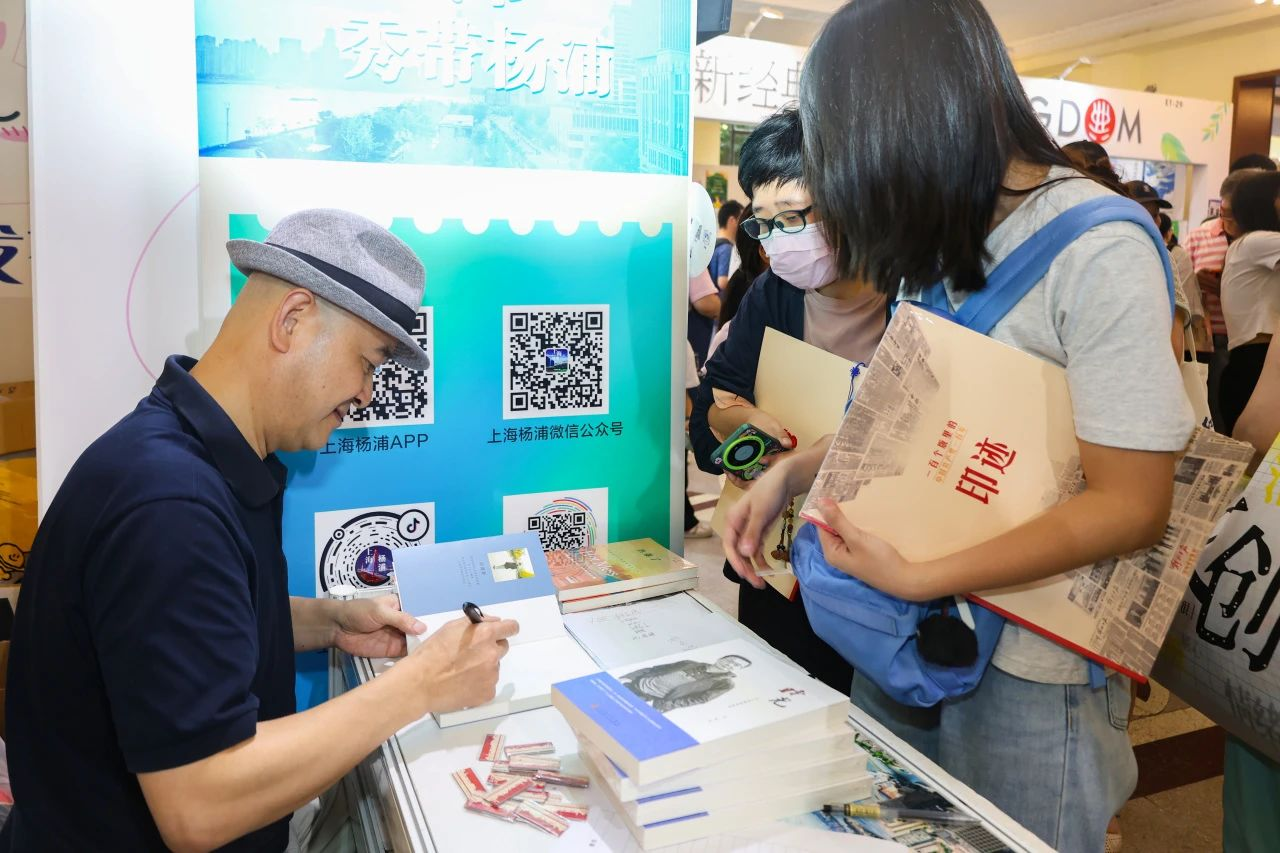
Wujiaochang, "You Have Everything You Want for Life"
Reporter: Writing documentary-style literature is a great test of a writer's knowledge, information retrieval ability, and control over language. When writing the articles in the book, what difficulties did you face?
Zhou Jianxin: We encounter difficulties in anything we do, but as long as we want to do it, we will overcome them. I have lived in Wujiaochang for more than thirty years. Whether during my time in the military or after retiring to the local area, most of the time I was engaged in management work related to real estate and commercial development in Wujiaochang. I also have many friends who participated in planning and construction, so I am relatively familiar with and understand the evolution and development of Wujiaochang.
In addition, writing documentary articles requires accurate and detailed historical sources as background. For this, I collected and found sufficient sources, such as the "Yangpu District Gazetteer," "Baoshan County Gazetteer," "Jiangwan Gazetteer," "Shanghai Street Name and Transportation Guide," and so on. I have a study in Wujiaochang, which contains 4 copies of the "Wujiaochang Town Gazetteer" in different versions alone.
Reporter: As an "old Wujiaochang person," seeing the changes in Wujiaochang over the past few decades, what are your feelings? Facing today's "new Wujiaochang people" and "new Yangpu people," can you leave a message for them?
Zhou Jianxin: I love Wujiaochang and sincerely thank Yangpu and Wujiaochang. I always write this book with a grateful heart.
As for a message, I said in the afterword of this book: "Wujiaochang can be your paradise on earth." At the end of one of the articles, I also said: "If you love life, come to Wujiaochang, because here you have everything you want for life." I will give this sentence to the young "new Wujiaochang people" or "new Yangpu people" of today.